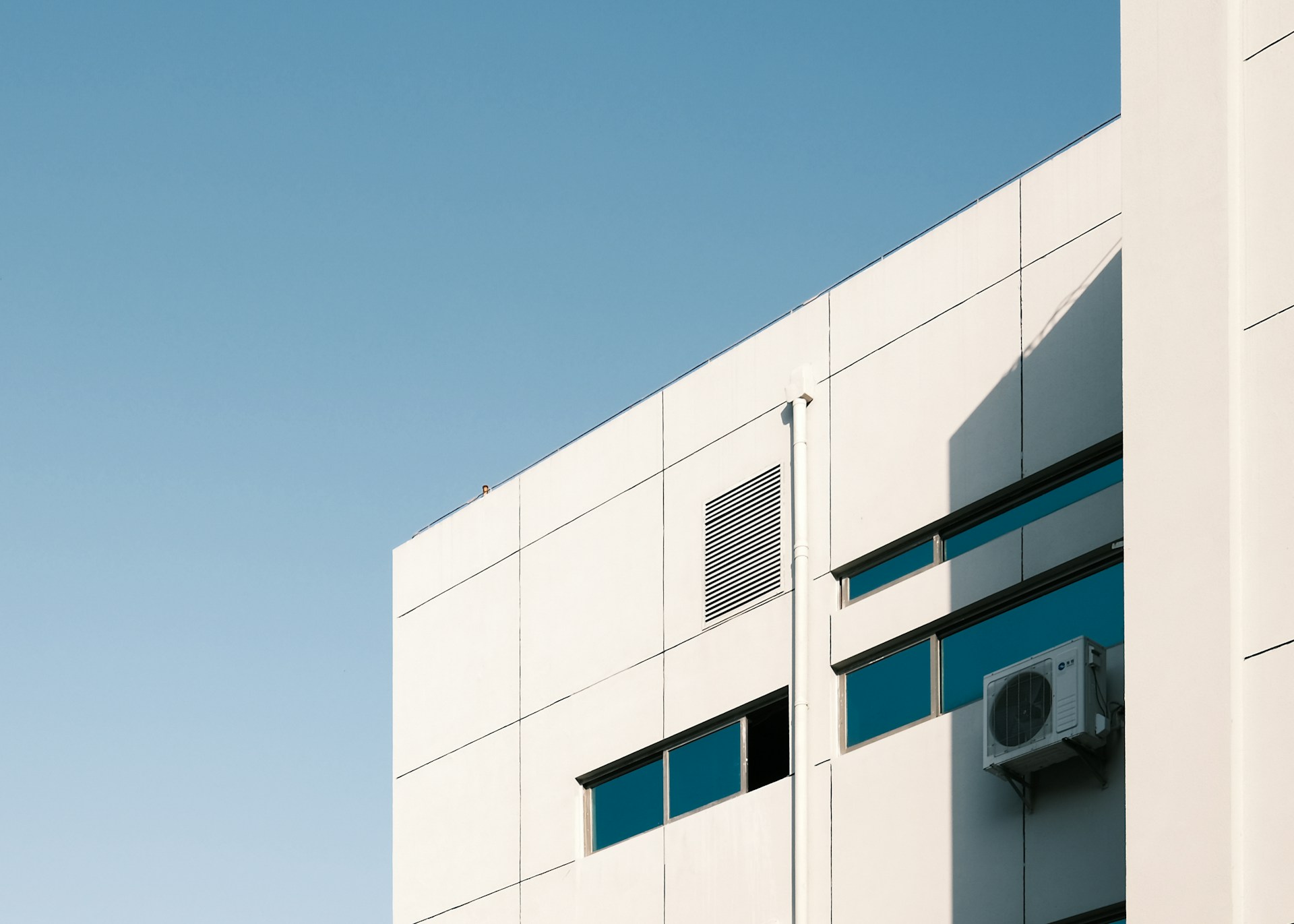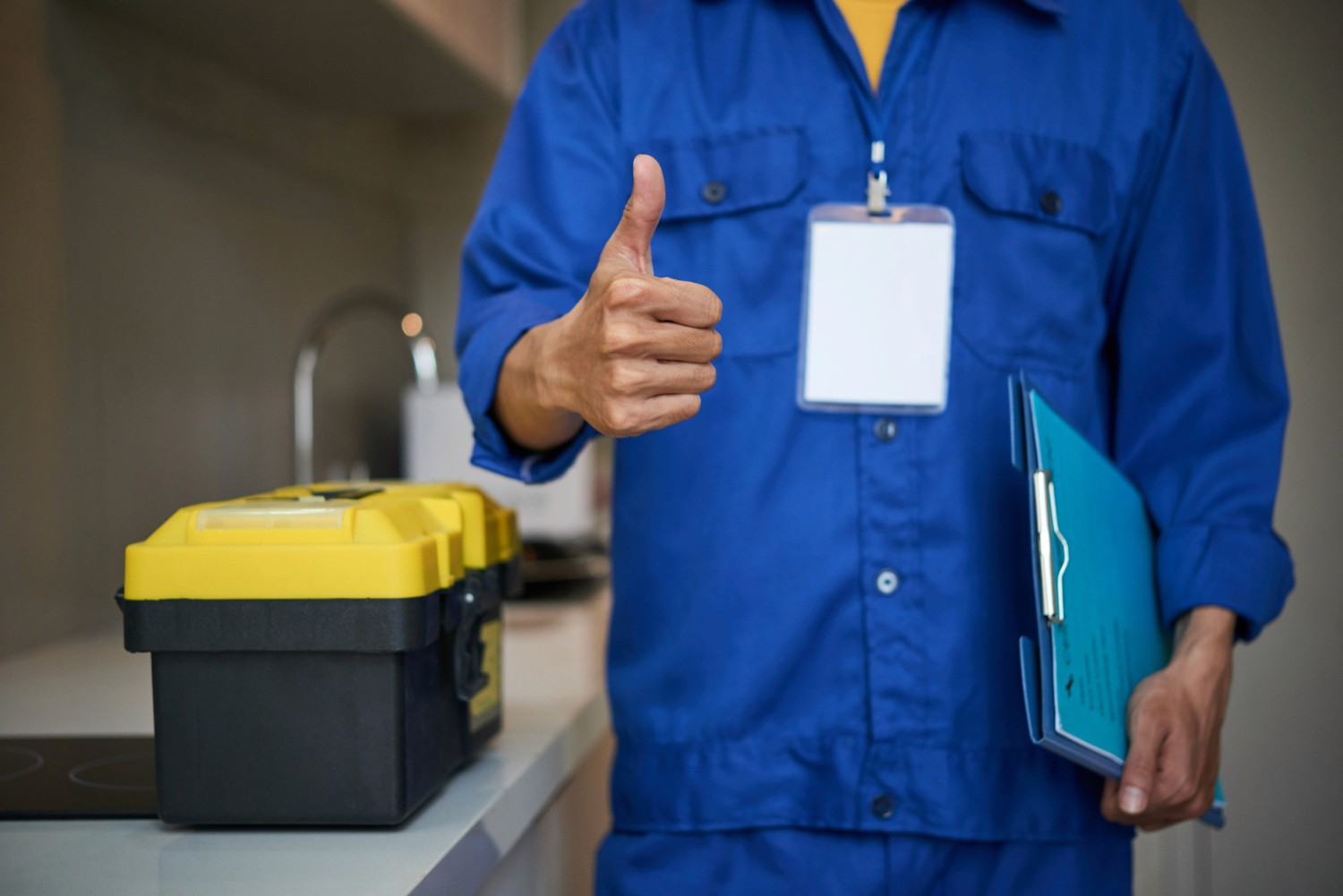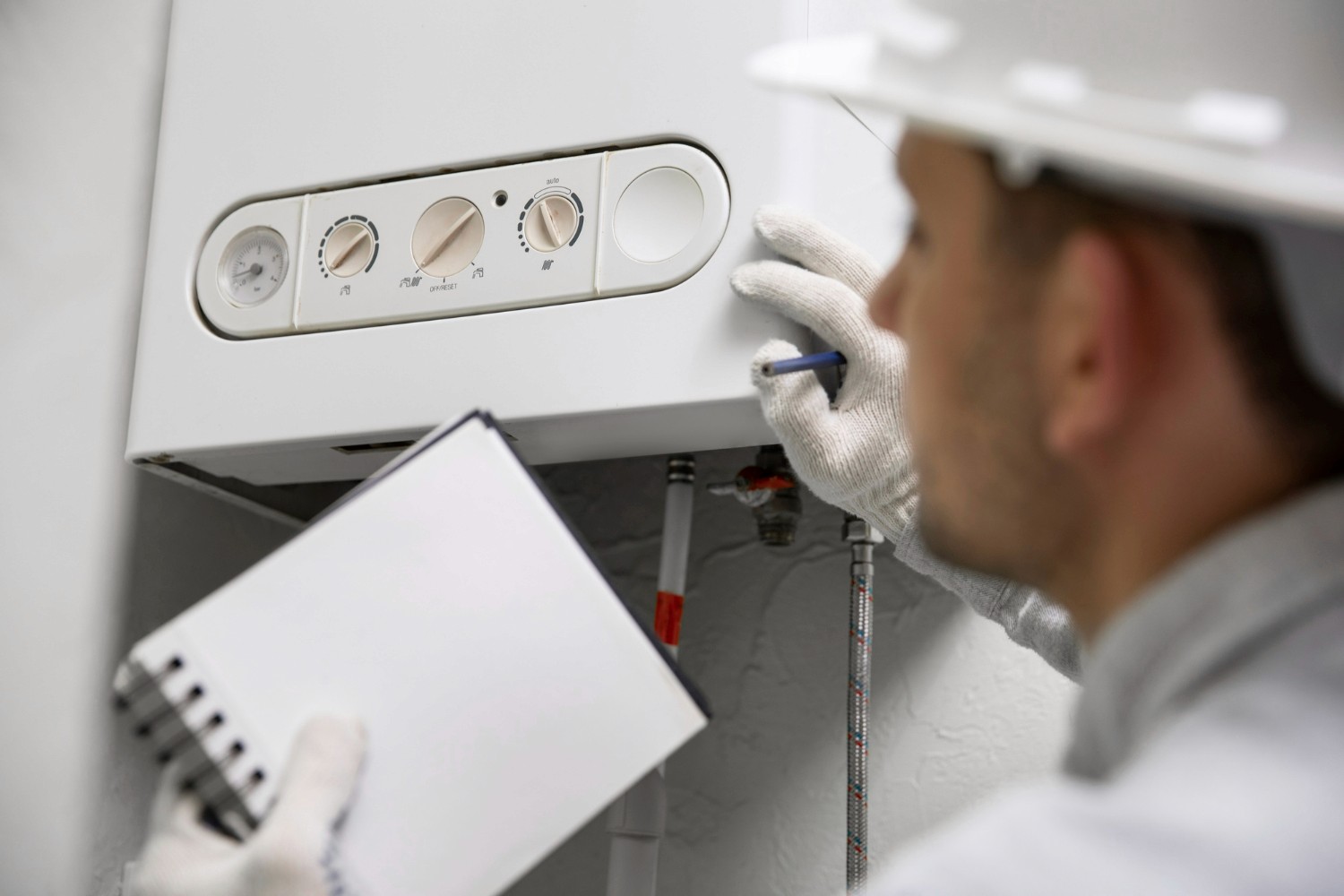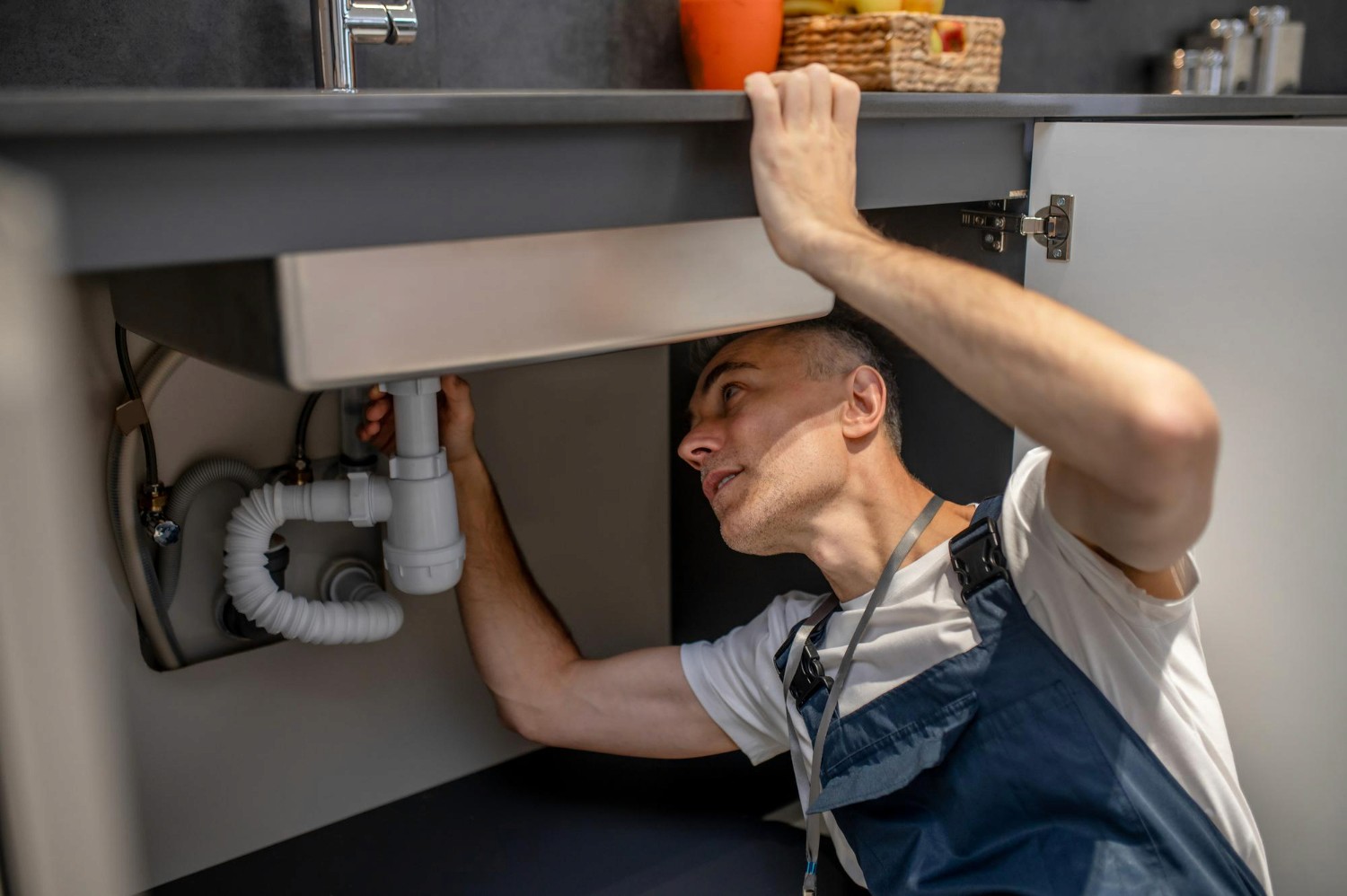
Cooling
Plumbing Heating
January 29, 2025
When it comes to home comfort, few systems are as essential as air conditioning. Whether you're battling summer heat or simply looking to maintain a comfortable indoor temperature, air conditioning plays a crucial role in modern living. In this blog post, we will explore the fundamentals of air conditioning, including its history, components, and common issues.
Central air conditioning systems cost more
The history of air conditioning dates back to ancient civilizations, where people used rudimentary methods such as water-cooled walls and wind catchers to cool indoor spaces. However, modern air conditioning as we know it was invented in 1902 by Willis Carrier, who developed the first system to control humidity in a printing plant. Over the years, air conditioning has evolved into a household necessity, with energy-efficient models and smart technology making cooling more accessible and convenient than ever.
Today, air conditioning is a vital part of home and office environments, providing comfort, improving air quality, and enhancing overall well-being.
Components of an air conditioning system
Air conditioning systems consist of several key components that work together to regulate temperature and humidity in a home. Here are some of the primary components:
Compressor: The heart of an air conditioning system, the compressor circulates refrigerant and helps regulate temperature.
Condenser Coil: This component releases heat absorbed from indoor air, allowing the system to cool your home efficiently.
Evaporator Coil: Located inside the air handler, the evaporator coil absorbs heat from indoor air, lowering the temperature.
Thermostat: The thermostat controls the temperature settings and allows you to adjust cooling preferences.
Air Filters: Filters trap dust, pollen, and other airborne particles, improving indoor air quality and maintaining system efficiency.
Common air conditioning issues
Like any home system, air conditioning units can experience problems that affect their performance. Here are some of the most common air conditioning issues:
Refrigerant leaks: A refrigerant leak can reduce cooling efficiency and cause the system to work harder than necessary.
Frozen evaporator coils: Restricted airflow or low refrigerant levels can cause coils to freeze, preventing proper cooling.
Clogged filters: Dirty air filters can obstruct airflow, reducing efficiency and potentially leading to system breakdowns.
Thermostat malfunctions: Faulty thermostats can cause inconsistent cooling or prevent the system from turning on altogether.
Conclusion
Air conditioning is an essential part of modern living, ensuring indoor comfort, improving air quality, and enhancing overall well-being. Understanding the basics of air conditioning, including its history, components, and common issues, can help you maintain an efficient cooling system in your home. If you encounter persistent air conditioning problems, it's always best to contact a professional HVAC technician to ensure proper maintenance and repairs.


